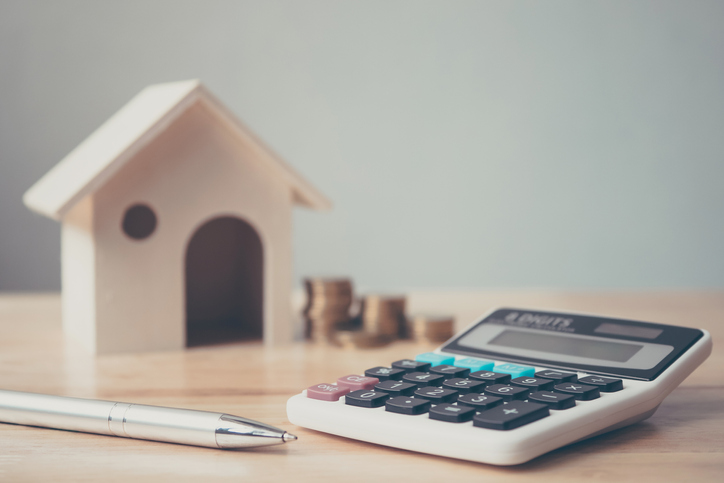Have you bought a home recently? Congratulations! Buying a home is a huge milestone–both as a life event and as a sign of financial stability. Likely, if you’ve bought a home, you’ve also taken out a mortgage with the bank. Your mortgage is the kind of loan you used to borrow money to purchase your home. For the next several years–usually 30 years, but sometimes shorter, you will be paying back your mortgage in installments. However, your mortgage payments don’t just involve the exact amount you borrowed from the bank. Wrapped up in your monthly payments will be interest and property taxes. It’s important to understand your mortgage payments and how they work so you can be knowledgeable about how they impact your finances.
Principle vs. Interest
Your mortgage payments are split up primarily into principle, which is the amount you borrowed from the bank, and interest. Interest refers to the amount you are being charged for borrowing money. Your interest amount is based on the interest rate at the time that you borrowed money. For most mortgages, your interest rate is locked in, so no matter what the real estate market does, your rate will stay the same. Sometimes, if interest rates get lower than what you have locked in, you can refinance your mortgage. That means signing a new mortgage at the new, lower rate. Just a few points up or down can have a significant impact on the amount of interest you owe.
For the first several years of your mortgage, your monthly payments are going to be made up mostly of interest, with a small amount of principle. The reason this matters is because the more principle you pay back, the more of your house you own. That can become important if you ever want to take out a home equity loan, which is based on the amount of equity (aka the amount of ownership) you have in your home. Additionally, if you ever want to sell your house, you will only make back whatever you own, plus any extra amount if the house has gone up in value.
Property Tax
On your mortgage bill, you will also see a section for property taxes. This is an amount the government charges you in order to own your property. Your property tax value can go up or down (but usually up), though often only in small increments unless you make big changes to your home. You can also fight your property tax amount in order to get it lowered–this is called grieving your taxes. It never hurts to grieve your taxes; in fact, the law in New York regarding grieving your taxes is that your taxes can either be lowered or stay the same, but they can’t go up.
How Much Home Can I Afford?
There are varying opinions on what percentage of your salary should be spent on home ownership. The most common recommendations are between 25%-35% of your monthly paycheck pre-tax. Calculating somewhere around that amount will give you a good idea about how much you should be paying per month without spreading yourself too thin. If you already have a mortgage and you are spending too much of your paycheck each month on your payments, you may want to find other areas where you can cut back, or look for ways to increase your earnings. You definitely don’t want to find yourself in a situation where you are unable to pay your mortgage. Some banks have programs that can help you during a period of financial hardship, but you also run the risk of fees building up.
We Can Help You Understand Your Mortgage Payments
It’s important to understand your mortgage payments so you know where your money is going each month, and so you know just how much of your home you actually own and how much you have left to pay off. At DeSantis, Kiefer, Shall, & Sarcone, we can help you manage your finances so that you are able to comfortably afford your monthly mortgage payments, and so you can achieve whatever financial real estate goals you may still have!



